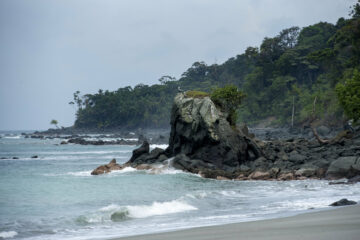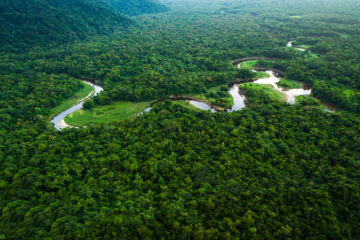Mexico and Honduras cooperate to protect and conserve forests
Despite their importance, forests face major threats such as deforestation and land degradation.
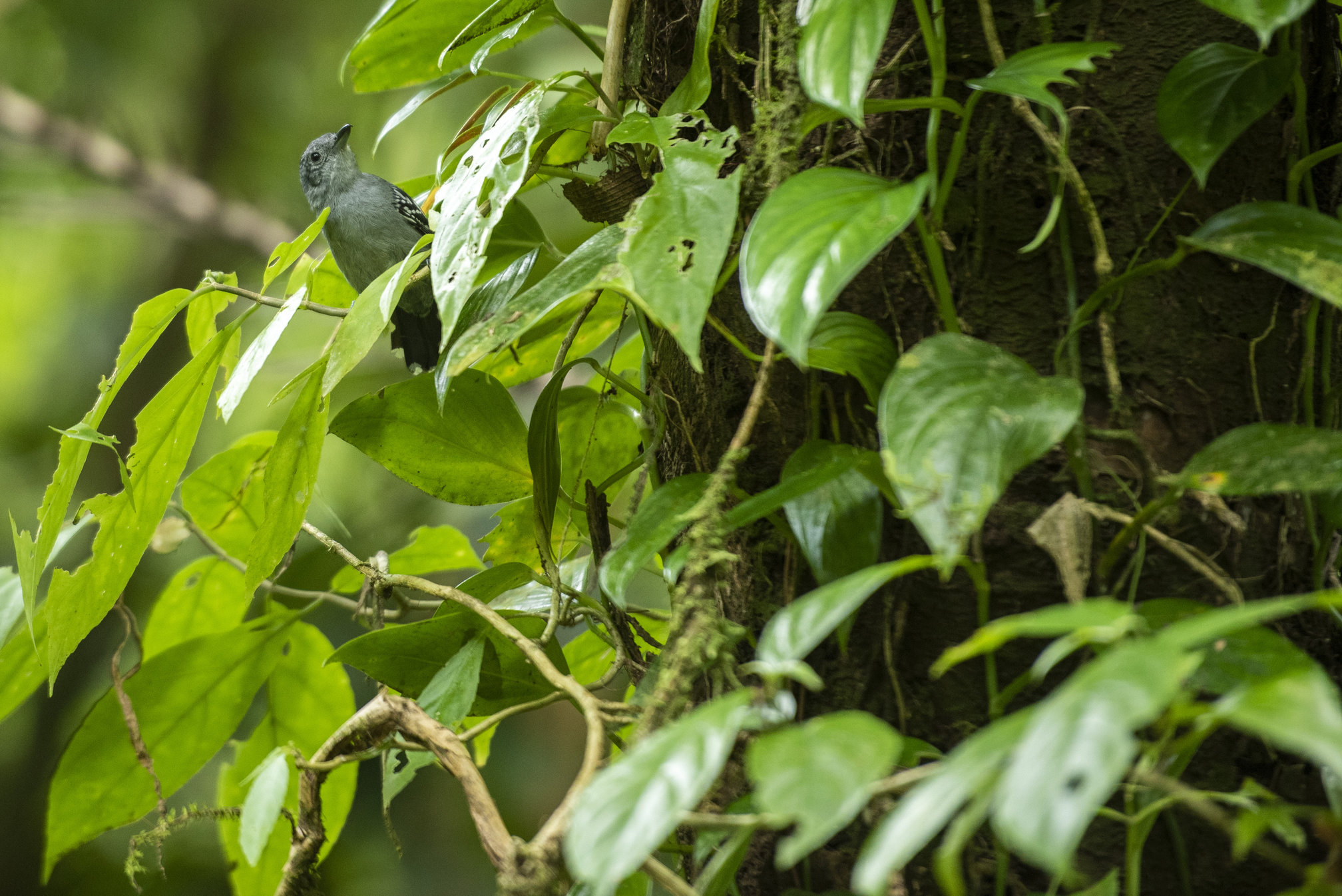
“Forest ecosystems provide food, timber, fuel and medical resources; in addition, they serve as tourist and scenic recreation sites and are also important for the socio-cultural activities of their inhabitants” (AMEXCID, 2020). They contribute to the conservation of water and to biological diversity, climate regulation and carbon sequestration (AMEXCID, 2020).
For this reason, progress is being made – both nationally and internationally – on the generation of concrete actions committed to forest conservation. Two important examples of this progress are, on the one hand, the Glasgow Leaders’ Declaration on Forests and Land Use, which calls for a sustainable transition of these resources (United Nations Convention to Combat Desertification – UNCCD, 2021); and, on the other, the adoption – in 2022 – of the Kunming-Montreal Global Biodiversity Framework, which provides a renewed impulse to SDG 15 (United Nations, 2023).
According to ECLAC (2023), 34% of the planet’s primary forests are located in Latin-America and the Caribbean and, at the regional level, Ibero-American countries also work through South-South Cooperation (SSC) to increase their technical capacities in this area. One of the most representative examples has been the project Institutional Strengthening of the Forest Conservation Institute of Honduras in Sustainable Forest Development, Management and Conservation. This Bilateral SSC initiative between Mexico and Honduras has been developed in 3 phases (2013-2015) (2016-2018) (2019-2023).
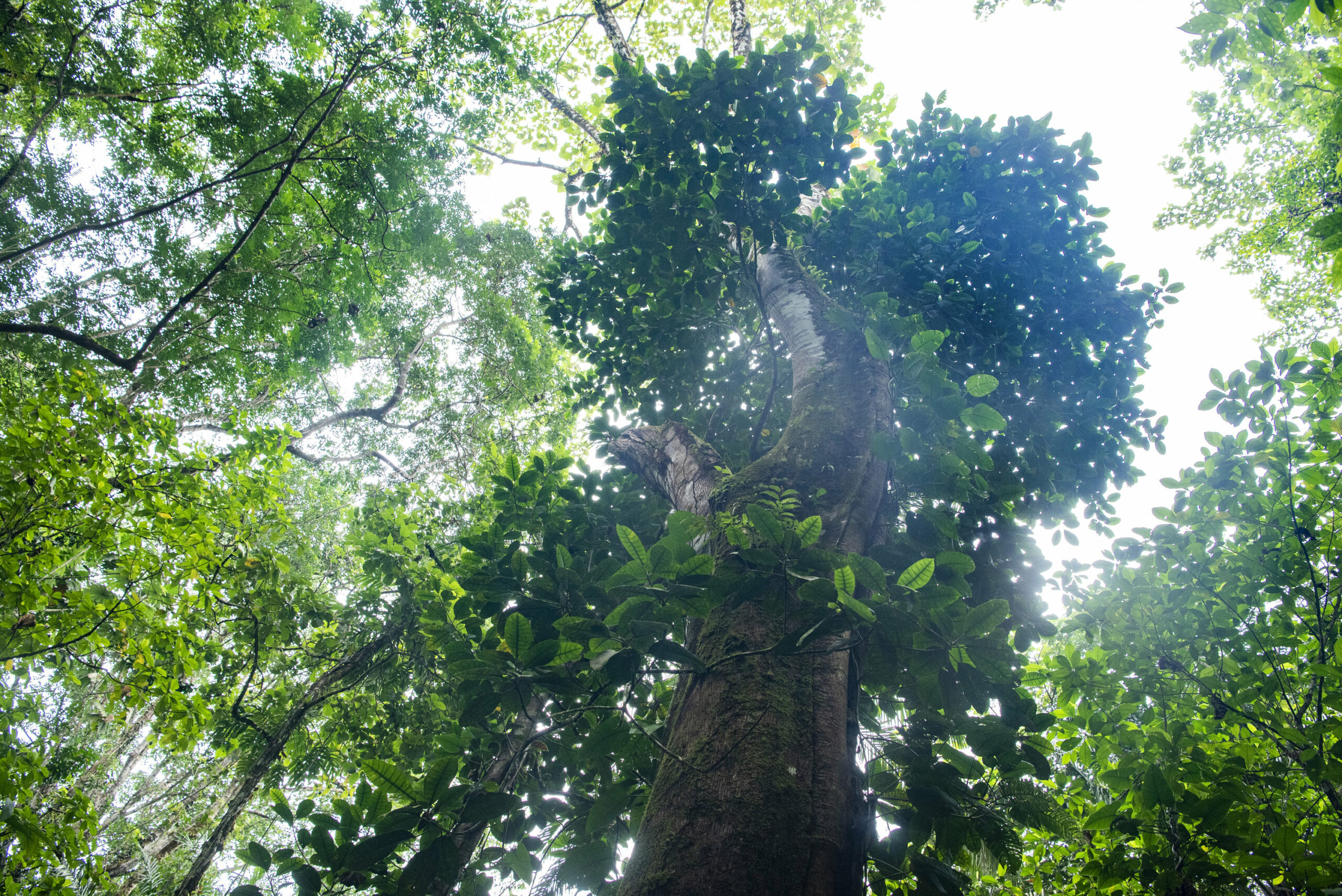
The last one was approved in 2019 in the framework of the Bilateral Cooperation Program between the two countries, and it was implemented with the support of the Ministry of Environment and Natural Resources of Mexico (SEMARNAT by its Spanish acronym), through the National Forestry Commission (CONAFOR by its Spanish acronym), and the Institute of Forest Conservation of Honduras (ICF by its Spanish acronym). According to AMEXCID (internal document, 2023):
Eight activities were carried out during the course of the project, benefiting 216 officials and technical and academic specialists. Participants included experts from the Secretariats of Natural Resources and Environment, Foreign Affairs, Agriculture and Livestock, the National Agrarian Institute, the National Autonomous University of Honduras, the National University of Agriculture, the National University of Forestry Sciences, Forestry and Agricultural Professionals Guilds, among others.
Exchanges under this third phase addressed best practices in forest restoration and health, and field visits were carried out to reinforce knowledge and skills in the maintenance of forest germplasm production units, nursery management, mangrove restoration and plant health (AMEXCID, 2022). As a result of the outcomes to date and of Honduras’ interest in continuing to consolidate the exchange, a fourth phase will be included in the XIII Bilateral Cooperation Program with Mexico, in order to continue training in this area.
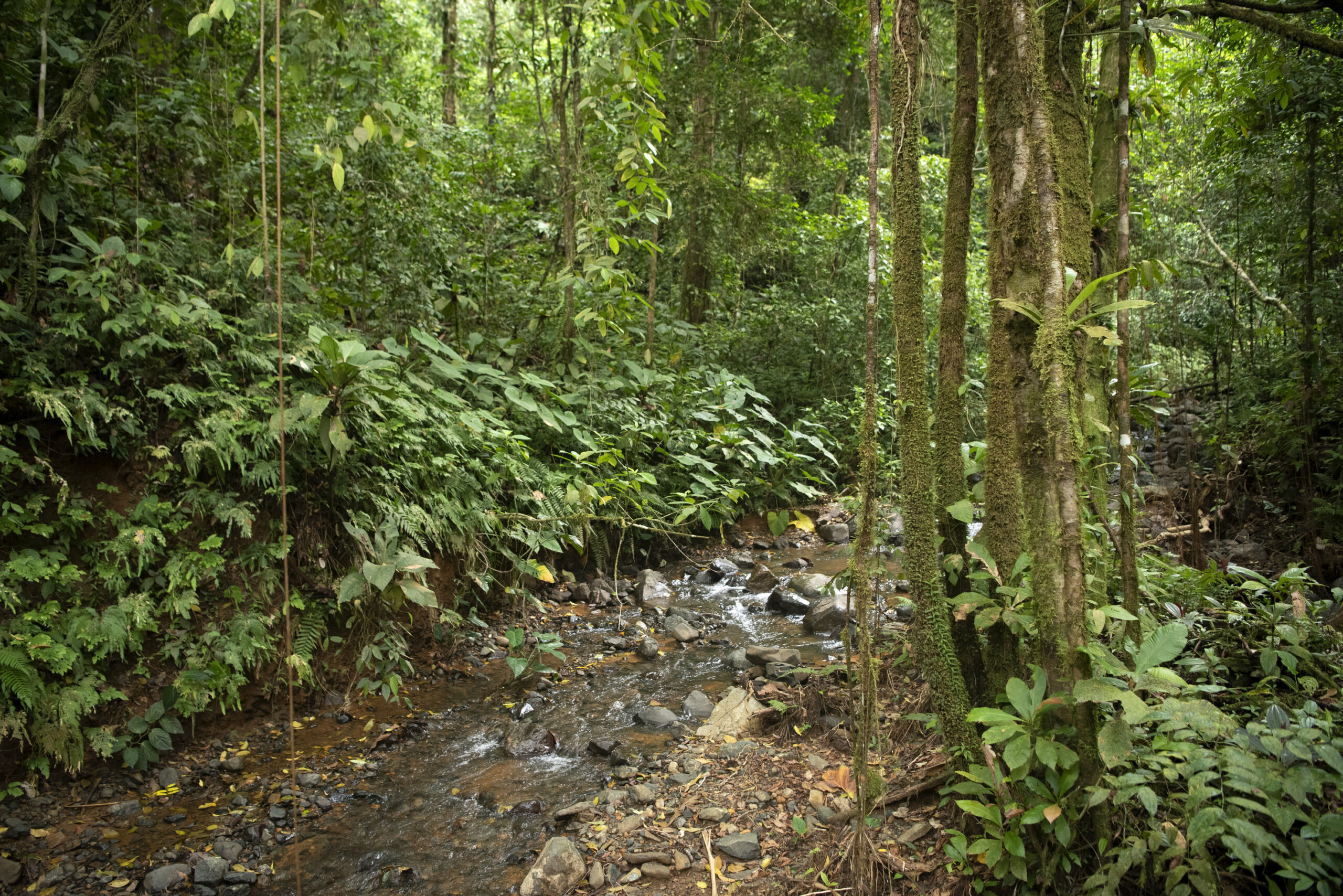
November 2023
***
Source: SEBIG based on the Mexican Agency for International Development Cooperation (AMEXCID by its Spanish acronym) (2022) (2020), the Economic Commission for Latin-America and the Caribbean (ECLAC, 2023), the (United Nations Convention to Combat Desertification – UNCCD, 2021) and (United Nations, 2023).
Photos: Bilateral SSC project between Colombia and Costa Rica on ecotourism, biodiversity monitoring and environmental safety in the marine areas of the two countries. Image bank on South-South and Triangular Cooperation in Ibero-America. SEGIB-PIFCSS. 2022.
